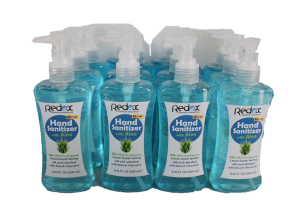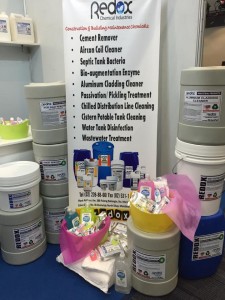When choosing safer cleaning chemicals, we cannot just buy and used it without knowing what chemicals are in the products. Most of the manufacturers have Material Safety Data Sheets (MSDSs). People who always use chemicals must obtain and maintain MSDSs for all hazardous cleaning products and chemicals that they use. It should also be readily accessible to all their workers for their safety and protection. But when choosing safe cleaning agents to be used at home is a bit tricky because MSDSs are not readily available in the stores. Here are some guidelines to help you make more informed decisions in choosing safe cleaning products in your home.
1. Learn To Read Labels
By learning to read labels of commercially available household products, you are making sure that the company used safe ingredients on their products. If the company who made the products did not disclose the ingredients, do not buy that product. The absence of ingredient list is a big red flag because you are going to use that product without knowing how safe it is.

2. Outwit the Manufacturer’s Labelling
When the labels said “Eco-Friendly,” “Natural,” or “Non-Toxic,” it doesn’t mean that it is, but it is a great place to start. The best thing that you should be doing is to verify the products. Check out the ingredient list and judge for yourself. If you are not sure, you can see this resources http://www.chemsafetypro.com/Topics/Philippine/Philippine_Reference_Resource.html to help you decide which to buy and used.
3. Educate Yourself On What Chemicals to Avoid
Here is a list of toxins that it’s advisable not to have in your daily cleaning products:
- Ammonia – It is toxic when inhaled, swallowed or touched. A seriously strong stuff and potentially deadly when mixed with the wrong substances like bleach.
- Phthalates – are often components of complex synthetic fragrances. Used to mask the chemical smell of the other ingredients.
- Phosphates – are very harmful to aquatic life. It enhanced the growth of algae and reduced the oxygen available for fishes and plants.
- Flame Retardants – Are chemicals that can slow the speed of a flame. Exposure to these chemicals has been linked with thyroid problems.
- Lead – is used in industrial paints, batteries and from old water pipes. Lead exposure has been associated with ADHD, lower IQs, and developmental delay in children.
4. Look for cleaning alternatives – You don’t need harsh chemicals to get things clean. There are plenty of natural substances that do an excellent job. Baking Soda, vinegar, lemon juices, essential oils and castile soap are some of the natural solutions for cleaning your home safely.

